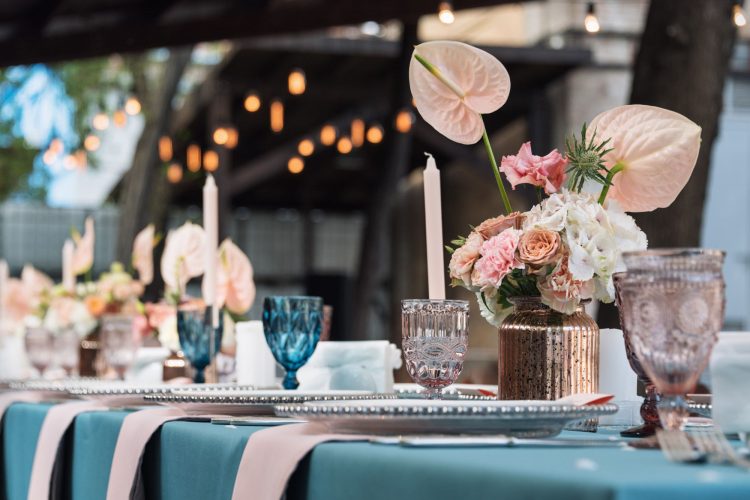Behind every successful event lies a crucial aspect that sets the stage for unforgettable experiences: hotel sourcing. Skillful and strategic hotel sourcing plays a pivotal role in ensuring that event attendees have comfortable accommodations, convenient amenities, and seamless logistics. In this article, we delve into the art of hotel sourcing and highlight key considerations for event coordinators and organizers in securing the perfect venue for their next remarkable event.
1. Understanding Event Requirements
Before embarking on the hotel sourcing journey, event coordinators and organizers must have a clear understanding of their event’s specific requirements. Factors such as event dates, anticipated number of attendees, desired location, budget, and amenities all play a role in shaping the ideal hotel selection. By defining these parameters early on, coordinators and organizers can effectively narrow down their search and find venues that align with their event’s vision.
2. Location, Accessibility, and Proximity
The location of a hotel is a critical factor to consider during the sourcing process. It should be easily accessible to attendees, preferably located near airports, major highways, or public transportation hubs. Additionally, the proximity of the hotel to the event venue, nearby attractions, and dining options can enhance the overall attendee experience, convenience, and engagement.
3. Capacity and Functionality
Understanding the capacity and functionality of potential hotels is crucial to accommodating the expected number of attendees and fulfilling the event’s needs. Event coordinators and organizers should consider the number and size of meeting rooms, ballrooms, breakout spaces, and exhibition areas to ensure that the hotel can cater to various event requirements. Flexibility and adaptability in terms of space configurations are also important, as they allow for customization and seamless transitions between different event components.
4. Accommodation and Amenities
The comfort and satisfaction of event attendees rely heavily on the quality of accommodation provided by the hotel. Event coordinators and organizers should consider factors such as the number and type of rooms available, the availability of special arrangements (e.g., suites, accessible rooms), and the hotel’s reputation for customer service. Additionally, the availability of on-site amenities such as restaurants, fitness centers, business centers, and Wi-Fi connectivity contribute to the overall convenience and satisfaction of attendees.
5. Budget and Cost Considerations
Managing costs effectively is a fundamental aspect of hotel sourcing. Event coordinators and organizers should work within a realistic budget and seek venues that align with financial constraints while meeting the event’s requirements. Negotiating favorable rates, considering package deals, and exploring sponsorship opportunities can help optimize the budget and enhance the value proposition of the event.
6. Reviews, Reputation, and Past Experience
Reputation and past experiences of a hotel are vital considerations during the sourcing process. Event coordinators and organizers should conduct thorough research, read reviews, and gather feedback from previous clients and attendees. This information provides valuable insights into the hotel’s service quality, reliability, responsiveness, and overall guest satisfaction.
7. Site Inspections and Contracts
Once a shortlist of potential hotels is created, site inspections allow event coordinators and organizers to assess the venues firsthand, ensuring they meet all necessary requirements. Site inspections also provide an opportunity to meet with hotel representatives, discuss specific needs, and negotiate terms. It is crucial to thoroughly review and negotiate contracts, including cancellation policies, room block commitments, and any additional services required.
8. Collaboration and Communication
Effective collaboration and communication with the hotel’s event planning team are essential for event coordinators and organizers to ensure seamless execution. Regular communication, clear expectations, and shared timelines contribute to a successful partnership and ultimately, a remarkable event experience.
Conclusion
Hotel sourcing is a dynamic process that requires careful consideration of various factors for event coordinators and organizers. By understanding event requirements, prioritizing location and accessibility, considering
capacity and functionality, and taking into account budget and attendee satisfaction, coordinators and organizers can unlock opportunities to create extraordinary experiences. The art of hotel sourcing lies in the ability to strategically choose the right hotels that align with the event’s vision and goals. By mastering this art, event coordinators and organizers can set the stage for remarkable events that leave a lasting impact on attendees. The right hotel venue sets the stage for unforgettable experiences, making it a crucial aspect of event planning that should not be overlooked.








